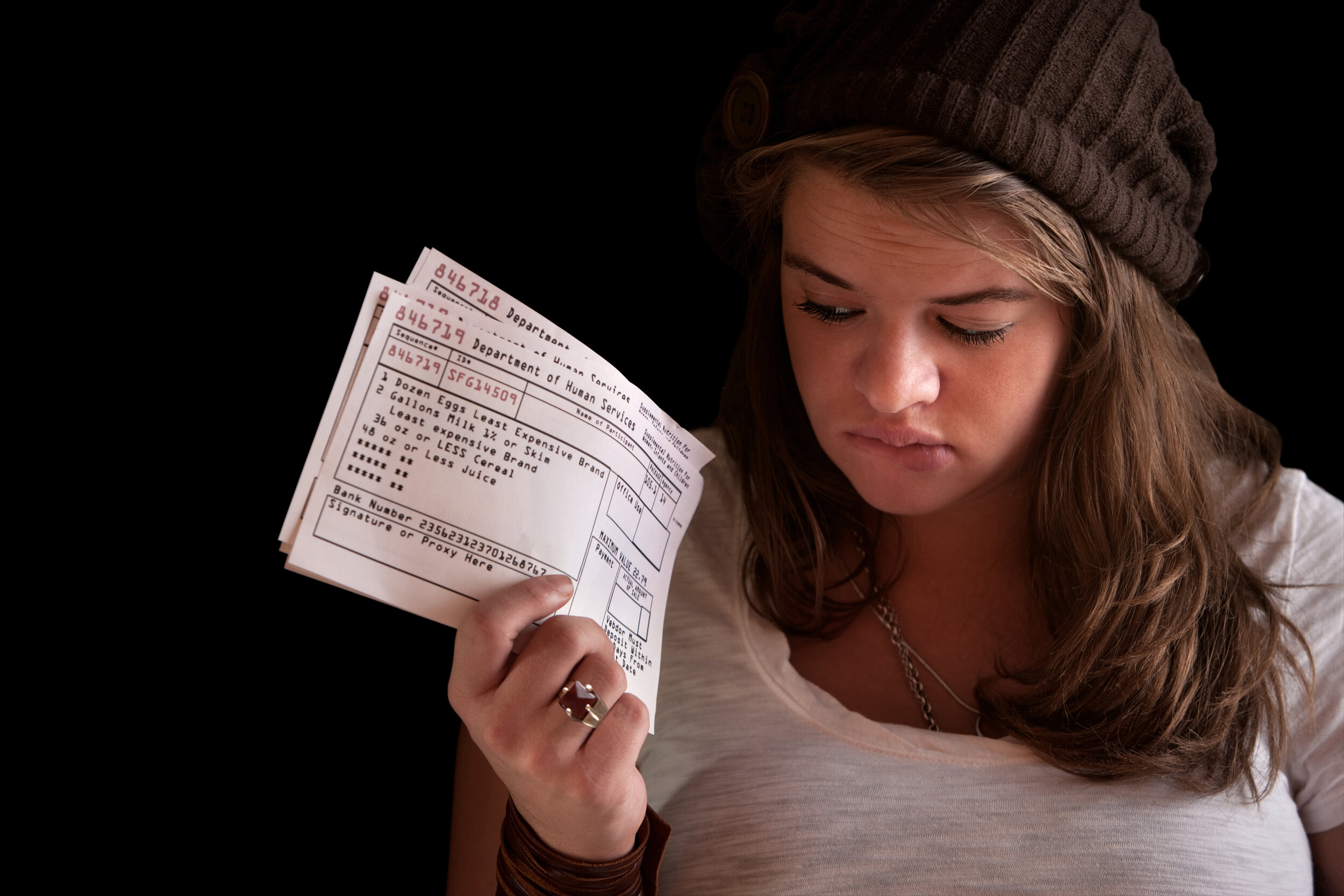
PRACTITIONER BLOG
Read our analyses of developments in Impact Litigation and stay current on class action law

Impact Fund and Western Center on Law and Poverty Reach Settlement with USDA to Provide Emergency Food (SNAP) Assistance to Californians with Greatest Need
Over one million California households will soon be eligible to receive emergency COVID-19 related nutrition assistance, thanks in part to a settlement agreement reached yesterday by the Impact Fund, Western Center on Law and Poverty, and the U.S. Department of Agriculture. This important victory comes after ten months of litigation in Hall v. USDA, which challenged the Department’s interpretation of the March 2020 law authorizing emergency Supplemental Nutrition Assistance Program (SNAP) payments—otherwise known as food stamps—to current SNAP recipients. Within hours of the settlement, USDA issued new guidance announcing a policy change that will provide at minimum $95 a month in emergency assistance to all households participating in SNAP on top of their regular monthly benefits. This updated policy will ensure the lowest-income Californians will have access to vital nutrition assistance while continuing to deal with the severe economic and public health consequences of the COVID-19 pandemic.

Protect Nutrition Assistance for Vulnerable Low-Income Adults, Say Impact Fund and Others in Amicus Brief
Last Thursday, the Impact Fund, Western Center on Law and Poverty, and Pillsbury Winthrop Shaw Pittman LLC filed an amicus brief on behalf of our organizations and 27 additional legal and advocacy organizations in California, including a number of anti-hunger groups, in support of the plaintiffs in the D.C. case. Our brief focuses specifically on discretionary exemptions, which will be critical to California’s economic recovery. We detail the legislative debates considering and ultimately rejecting the very same changes that USDA seeks to implement, the plain language and history of the statute, and the harm that California faces if it loses its reserve of over 850,000 exemptions. California uses discretionary exemptions to prevent hunger in communities that face special difficulties in finding work, such as people who are formerly incarcerated or young adults aging out of the foster care system. If USDA’s rule goes into effect, it will eliminate the State’s reserve and could cause thousands of Californians to go hungry.
